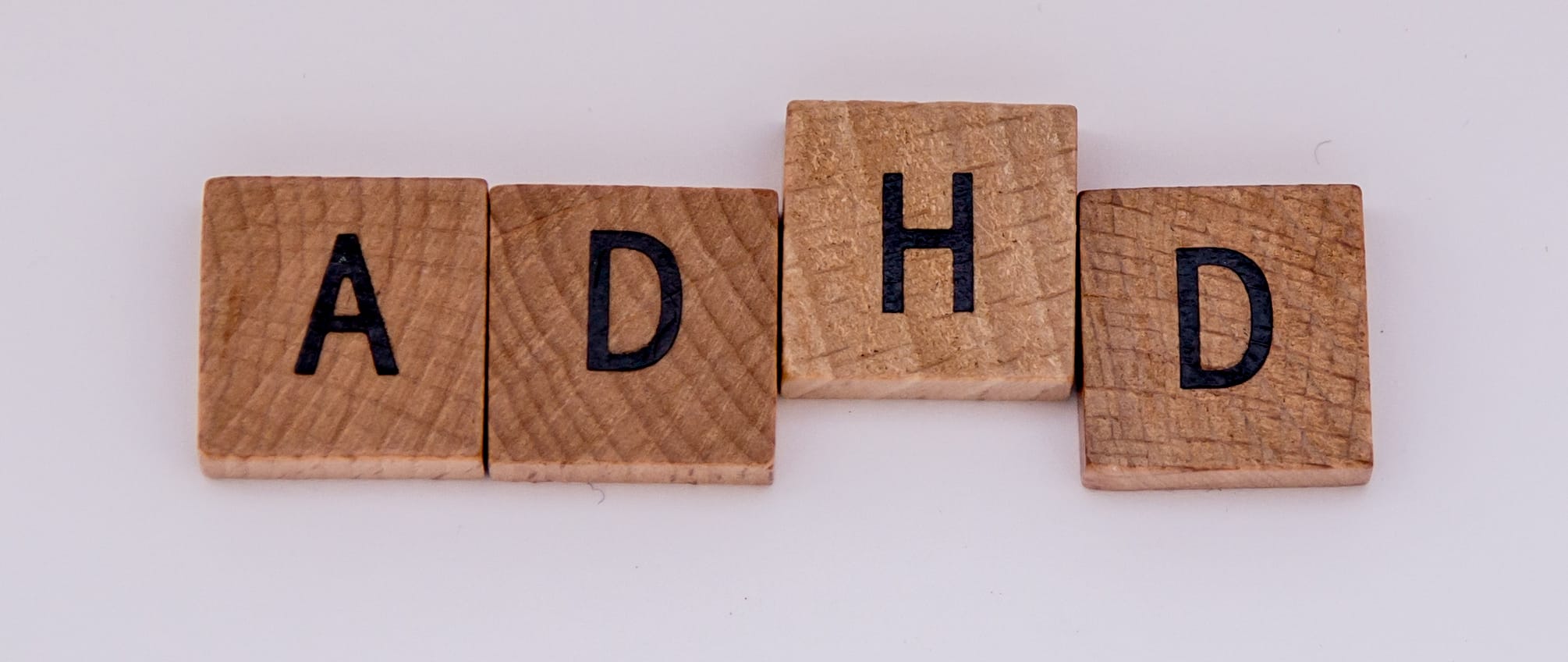Does a clinical science traineeship add value to a research master on clinical neuropsychology? Yes! We can learn a lot from patients about the daily life consequences of brain disorders.
Brain areas seem to process and transfer information through brain rhythms. Information seem to be processed and transferred by rhythmic brain activity within and between brain areas. Currently, science tries to understand how these rhythms might be involved in producing actual behavior, and if targeting them with a new form of brain training would help muddle through psychological distress.
In a clinical assessment, all people report their symptoms honestly and try to perform to the best of their ability, right? Well… unfortunately, quite a lot of people don’t! We examined the case of feigned attention deficit hyperactivity disorder (ADHD) in adulthood, and explored ways to distinguish between true and feigned ADHD.
About one year ago, I received a message from Mrs. M.’s neurosurgeon: “Stefanie, are you ready to attend a surgery this Saturday?” This truly extraordinary experience showed me once again the impact of executive dysfunctions and how they can abruptly turn one’s whole life upside-down.
Adults with ADHD have long been known to have problems with so-called executive functions, such as planning, organizing and structuring. Recent studies also suggested memory impairments. In thorough analysis, we showed that adults with ADHD do not have an increased forgetfulness, however that memory is adversely affected by executive dysfunctions.





